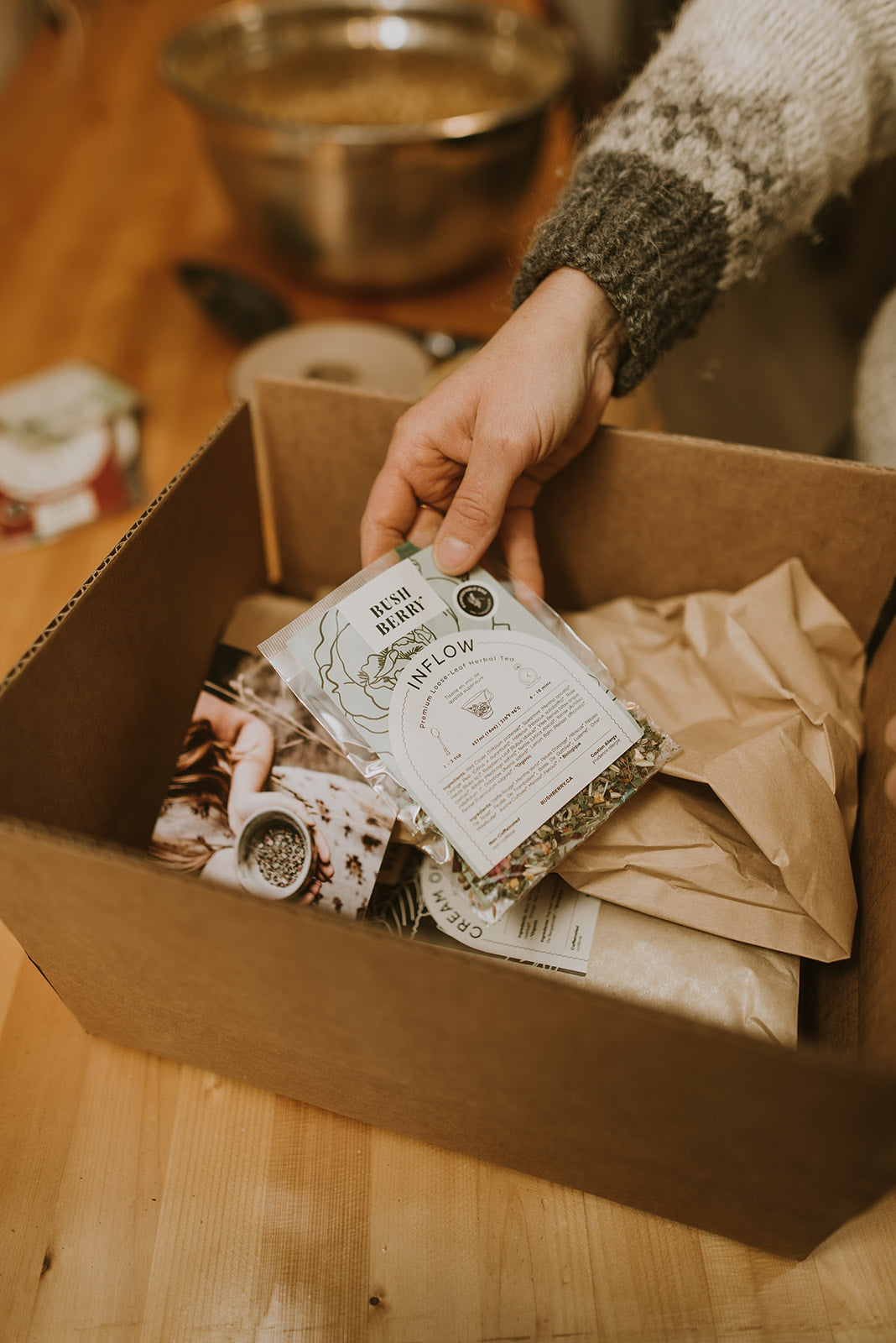
Composting
Composting is the practice of collecting all organic food waste, separately from garbage, and allowing it to decompose so that it can then be used for fertilizer by being fed back to the earth.
What is composting?
Composting is the practice of collecting all organic food waste, separately from garbage, and allowing it to decompose so that it can then be used for fertilizer by being fed back to the earth.
Benefits of composting
Benefits of composting are many. When we compost, we are ensuring that our organic waste does not go into landfill with other common household waste, and therefore reducing carbon emissions used to transport it far away, and greenhouse gasses once in the landfill. Once organic waste is broken down, it can be fed back to the earth through gardening or other practices, which will aid in rebuilding soil quality, and get us closer to a closed loop system. Some other benefits of composting include: filter and revitalize water sources, which ultimately results in cleaner oceans, aids in decreased soil erosion, saves on disposal costs, and so many more!
Ways to compost
Backyard composting:
If you live in an area with the space, and in which is safe to do so (with minimal concern for animals breaking in), backyard gardening can be a great option! You could build a hot compost pile (a space that is contained, where you dump your organic waste, and allow it to decompose). Once it has decomposed, you can add it into your garden, use it as fertilizer for house plants, etc.
Worms:
Worms are a great option if you have a small backyard, no backyard, or lack the time to compost using the hot composting method. All that is required is a rubbermaid bin or two, and some worms! You can feed your organic waste to the worms, they’ll eat it, and then you’ll be left with worm castings, which are great for house plants, or garden boxes/beds. Worms are also a great option if wildlife is a concern in your area, as they can be kept inside (in a closet, your garage, or anywhere else that works for you), which eliminates the worry of wildlife attractants in the yard!
Collection service:
A lot of cities and towns are starting to implement composting collection services, much like garbage collection. You get a bin to collect your organic waste into, and often it is picked up on the same day as garbage collection. If this is a service which you would like to use, just look into which options are available in your local area!
Organic recycling drop-off sites:
Some cities and towns have facilities where you can drop off your organic waste, and they then recycle/compost it from there.
There are many other ways to compost, so if you are interested, I encourage you to look into it a bit more yourself, and choose the option which is best for you!


0 comments